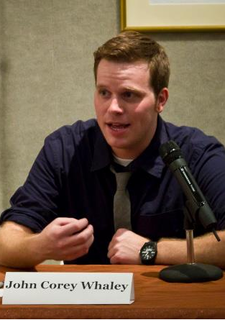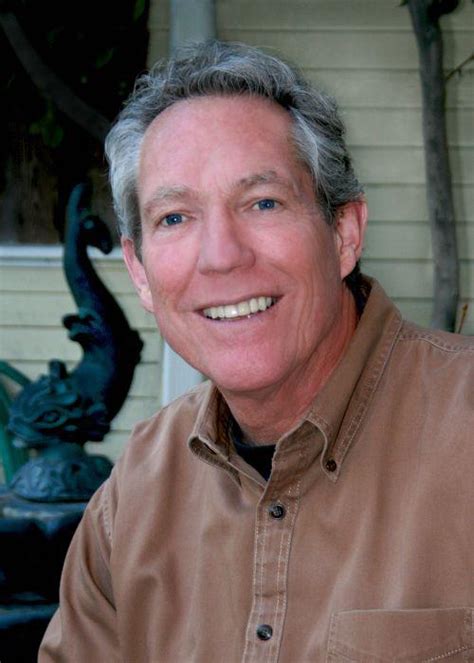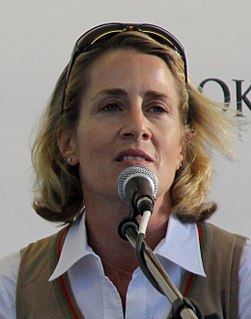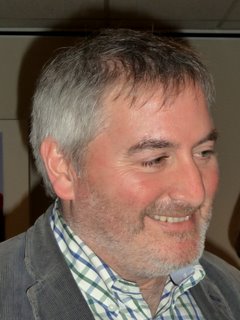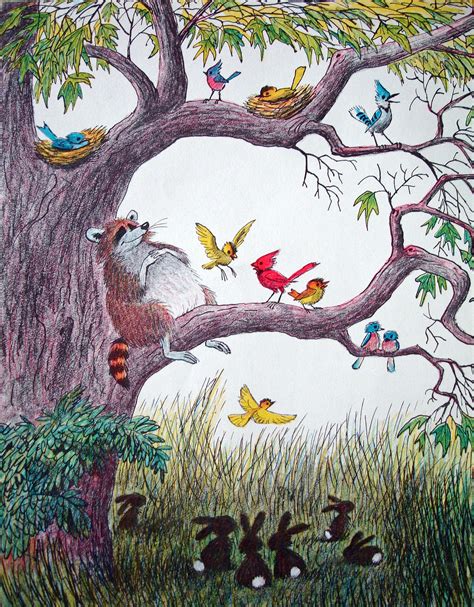A Quote by Sue Grafton
There was an author who titled his books by days of the weeks and another one that used colors. Then there was Edward Gorey who wrote the book The Gashlycrumb Tinies, about the untimely death of 26 Victorian children, each representing a letter of the alphabet. I thought what a great way to link the titles.
Related Quotes
I don't think that children, if left to themselves, feel that there is an author behind a book, a somebody who wrote it. Grown-ups have fostered this quotient of identity, particularly teachers. Write a letter to your favorite author and so forth. When I was a child I never realized that there were authors behind books. Books were there as living things, with identities of their own.
Back in my days as a children's book editor, my superiors caught on to the fact that teenagers were using the Internet to gossip about each other, and thought it might be nifty to develop a series of books about an anonymous high-school blogger who gossips about her classmates. The concept was passed on to me.
The way I feel about every book is this: you don't finish it, you abandon it. All of my books have in some sense failed, otherwise I wouldn't write another one. If I wrote the perfect book, I wouldn't have to write again, and I wouldn't want to. That's not true for everyone, but it's true for me. I could walk away then. But so far I haven't managed to do it.
There is the myth that writing books for children is easier than writing books for grownups, whereas we know that truly great books for children are works of genius, whether it's 'Alice in Wonderland' or the 'Gruffalo' or 'Northern Lights.' When it's a great book, it's a great book, whether it's for children or not.
I am an author-illustrator of children's books - and yet - I must confess I don't do the books for the kids. When I'm working on a book I'm somewhere else - at the circus - or a rustic old farm - or deep in a forest - with no thought of who might read the book or what age group it would appeal to. I write them so I can illustrate them.
I've always thought Harper Lee might have made a great decision. Much as you'd like to have more books by her, there's something about just one that's kind of mysterious and nice. On the other hand, the New York gossip about me was that I'd never write another book. So I thought, 'Well, I will then.
I've always thought Harper Lee might have made a great decision. Much as you'd like to have more books by her, there's something about just one that's kind of mysterious and nice. On the other hand, the New York gossip about me was that I'd never write another book. So I thought, 'Well, I will then.'



